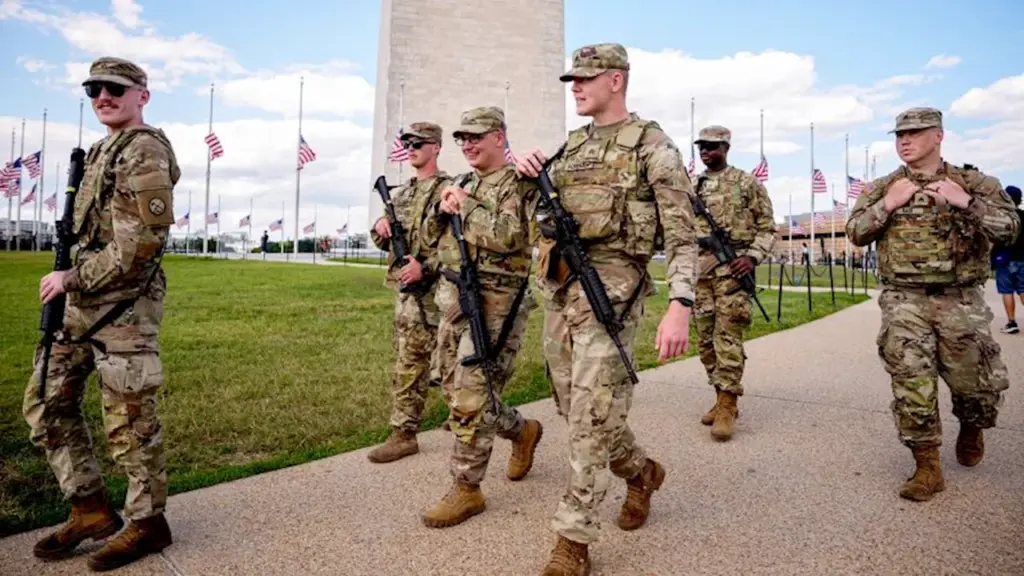
A federal judge ruled on Thursday that President Donald Trump and the U.S. Department of Defense unlawfully deployed the National Guard in Washington, DC. This decision follows a lawsuit filed by the Attorney General’s office of Washington, DC, earlier in September concerning the National Guard’s presence in the capital, which coincided with a significant increase in federal law enforcement activity.
District Judge Jia Cobb determined that the Trump administration “exceeded the bounds of their authority” regarding the deployment of National Guard troops. Cobb’s order emphasized that the deployment was executed “for non-military, crime-deterrence missions” without a formal request from the city’s civil authorities, which she deemed improper under U.S. law.
In her ruling, Cobb stated that the administration also “lacked statutory authority” for bringing in National Guard members from out of state. She noted, “The Court finds that the District’s exercise of sovereign powers within its jurisdiction is irreparably harmed by Defendants’ actions in deploying the Guards.”
Despite the ruling, Judge Cobb has temporarily delayed the enforcement of her order, allowing the Trump administration a period of 21 days to appeal the decision. This pause means that the National Guard will remain in the district for the time being while legal discussions continue.
The implications of this ruling could have significant ramifications for the relationship between local and federal authorities, particularly regarding the deployment of military resources in urban areas. The case highlights ongoing tensions surrounding law enforcement and civil authority, especially in the context of heightened security measures in the nation’s capital.
As this story develops, further details will emerge regarding the administration’s response and any potential legal actions that may follow. The decision underscores the complexities of governance and the balance of power in the United States, particularly in matters involving the military and civil rights.







